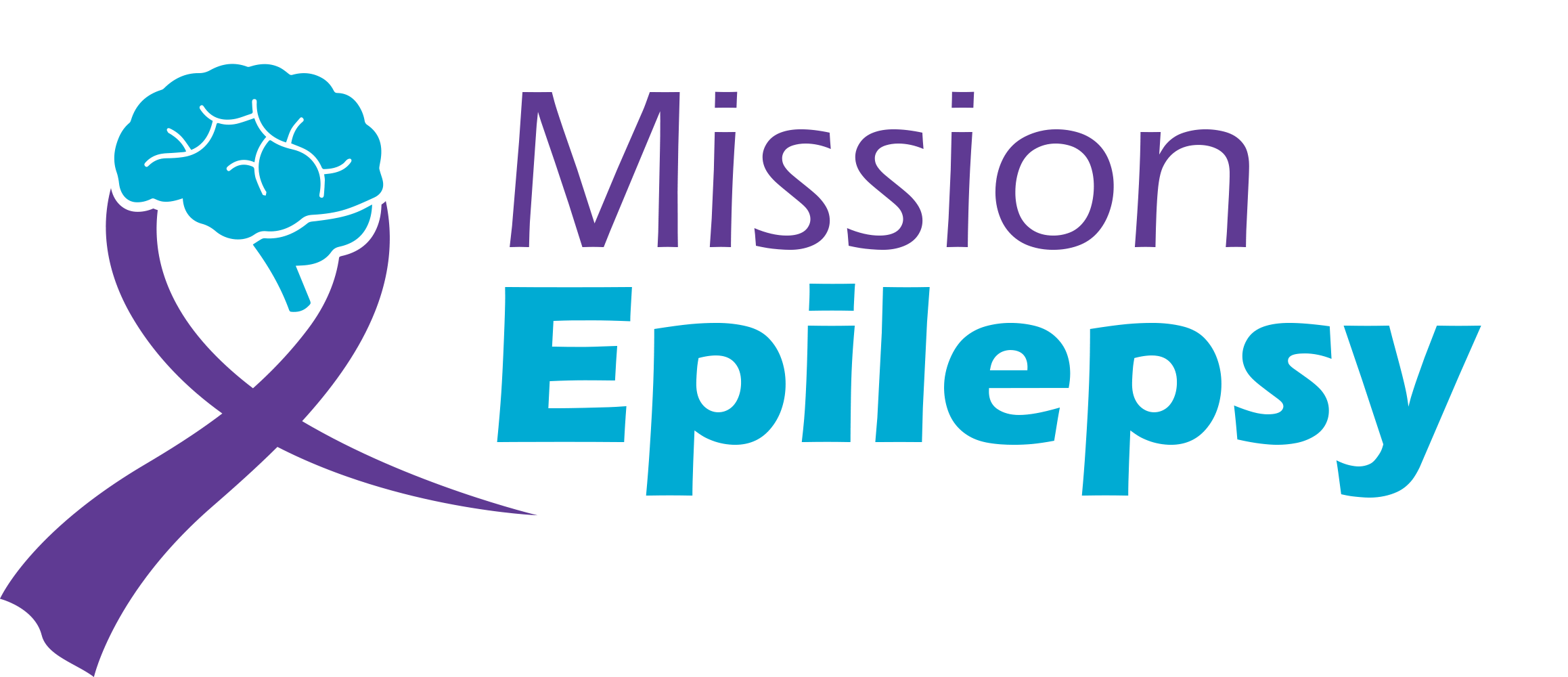Supporting Individuals with Epilepsy and Their Families
Mission Statement
Our mission at “Mission Epilepsy” is to provide resources and information for epileptic patients and their families and friends on finding a cure and overcoming the challenges through public education, community services and advocacy. Our mission is to also bring more awareness for research into the field of Neurological Epilepsy and to make better care available for more than 2 million people in the U.S. who are living with epilepsy and seizures.
Our History
Founded in 2017, our organization has been working to improve the lives of people with epilepsy for over 6 years years. We offer a range of resources and services, including educational materials, support groups, and information about the latest treatment options. We also engage in advocacy efforts at the local, state, and national levels, working to ensure that people with epilepsy have access to the care and support they need.
Our team is made up of dedicated professionals, including professionals such as Pharmacists, MDs, nurses, social workers, and educators, as well as volunteers who are passionate about our mission. We are grateful for the support of our donors and sponsors, who make it possible for us to continue our work and make a positive impact in the lives of people with epilepsy.
Frequently Asked Questions
Epilepsy is a neurological disorder characterized by seizures, which are sudden episodes of abnormal electrical activity in the brain. Seizures can cause a variety of symptoms, including convulsions, altered consciousness, and abnormal behavior. Epilepsy can affect people of all ages and can have a significant impact on a person’s daily life.
There are many different types of seizures, and they can be classified based on their symptoms and the part of the brain that is affected. Some common types of seizures include generalized seizures, which affect the entire brain, and partial seizures, which affect only a specific part of the brain. Other types of seizures include tonic-clonic seizures, absence seizures, and myoclonic seizures.
The exact cause of epilepsy is often unknown, but it can be caused by a variety of factors, including head injuries, brain infections, brain tumors, and genetic factors. In some cases, epilepsy can be triggered by certain factors, such as lack of sleep, alcohol or drug use, or certain medications.
There is no cure for epilepsy, but it can often be managed effectively with medications and other treatments. In some cases, people with epilepsy may become seizure-free after surgery or other treatments.
Epilepsy is typically diagnosed based on a person’s medical history, a physical examination, and test results. These may include an electroencephalogram (EEG), which records the brain’s electrical activity, and imaging tests such as an MRI or CT scan, which can help to identify any structural abnormalities in the brain.
Treatment for epilepsy typically involves the use of medications to control seizures. In some cases, other treatments such as surgery or dietary therapy may be recommended. The goal of treatment is to help people with epilepsy lead normal, active lives with as few seizures as possible.
Yes, many people with epilepsy are able to lead normal, active lives with the proper treatment and support. With the right care, people with epilepsy can achieve their goals and participate in a wide range of activities.
If you see someone having a seizure, it is important to stay calm and provide support. You can help by keeping the person safe, by removing any nearby objects that could cause injury, and by rolling the person onto their side to help them breathe. Do not try to hold the person down or put anything in their mouth.
There are many ways to get involved with our organization. You can volunteer your time, donate money or resources, or participate in fundraising events. You can also contact us to learn about other opportunities to get involved and make a difference in the lives of people living with epilepsy.
You can donate online through the organization’s website, or you can send a check or money order by mail. You can also make a donation in honor or in memory of a loved one.
We provide a range of resources for people with epilepsy, including education about epilepsy and seizure management, support groups for people with epilepsy and their families, advocacy for people with epilepsy, and assistance with accessing medical

